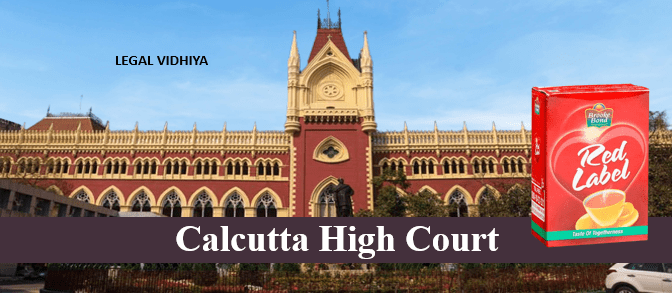
For Hindustan Unilever, attorneys Sabyasachi Banerjee, Anirban Dutta, and Abhijit Chaudhury appeared.
Anindyasundar Chatterjee and Gautam Dinha, attorneys, represented the Kolkata Municipal Corporation.
Imran Ali and Debjani Sahu, attorneys, spoke for the State.
After noticing some inconsistencies in the prosecution’s case against Hindustan Unilever and its officers, Justice Subhendu Samanta issued the order of acquittal.
In a criminal case brought against Hindustan Unilever Limited for allegedly misbranding its product “Red Label Natural Care Tea” (Hindustan Unilever Limited v. State of West Bengal), the Calcutta High Court on Wednesday found the company’s officers not guilty.
After noticing some inconsistencies in the prosecution’s case against Hindustan Unilever and its officers, Justice Subhendu Samanta issued the order of acquittal.
The judge remarked that the prosecution had never put the public analyst before the trial court to support the public analyst’s claim that Brook Bond Red Label Tea was misbranded.
The prosecution failed to provide any justification for why Hindustan Unilever mislabeled its goods, the court further found.
All of this ultimately convinced the judge to grant the request for the acquittal of every defendant in the case.
As background, Hindustan Unilever and its office holders (petitioners) are being sued for allegedly misbranding its Red Label tea product, according to a food inspector of the Kolkata Municipal Corporation (KMC).
Section 38 of the Prevention of Food Adulteration Act, which forbids utilizing any references to the Act, rules, etc. on labels, was allegedly broken by the corporation. The business was also charged with breaking Section 39, which forbids the use of phrases like “recommended by the medical profession.”
In 2014, a municipal magistrate found the petitioners guilty of misbranding the product and handed down a six-month sentence of simple imprisonment as well as a $5,000 fine.
A sessions court In Kolkata overturned the conviction. But the subject was sent back to the city magistrate for more consideration.
To counter the Sessions Court’s decision to remand the case to the Municipal Magistrate, the firm filed a petition with the High Court.
The High Court accepted the plea and came to the conclusion that the accused should have been exonerated by the Sessions Court rather than having the case remanded for a new trial.
The Court argued that the Sessions Court should have rejected the whole prosecution case and allowed the appeal because it identified inconsistencies in the prosecution’s argument.
As a result, the High Court cleared every defendant in the case.
Written by Pallavi Sethia an intern under legal vidhiya




0 Comments